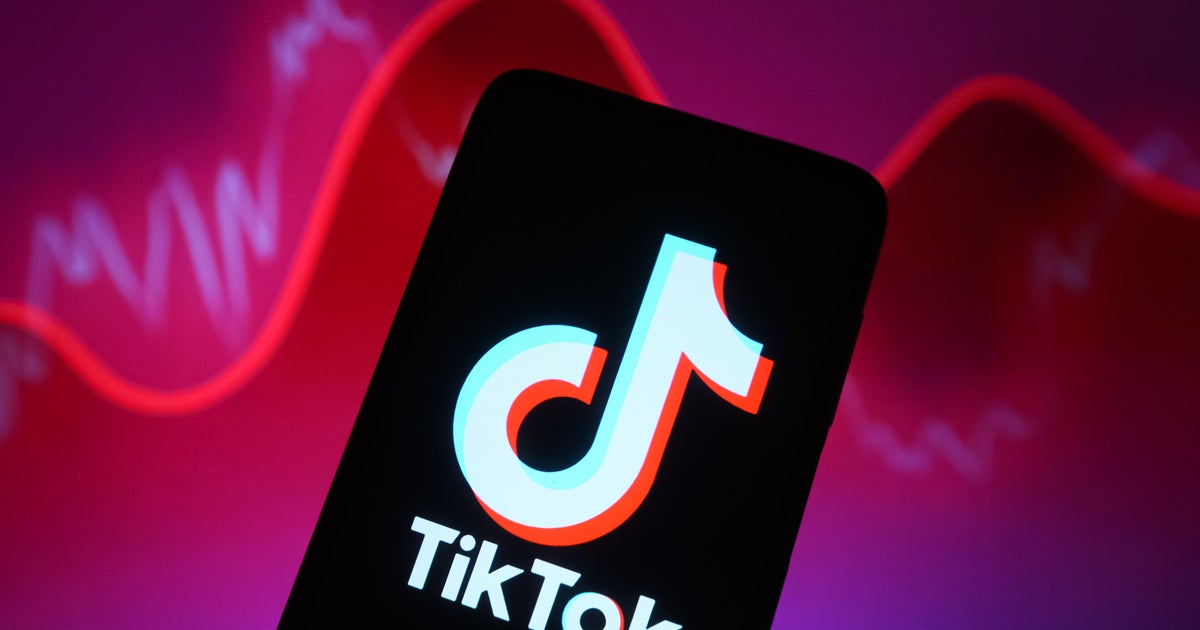
Washington — Americans could lose access to TikTok within months if a bill that seeks to force its Beijing-based parent company ByteDance to sell its stake is signed into law. But the popular video-sharing app’s potentially swift demise depends on whether the bill can overcome a number of hurdles.
Lawmakers have long tried to regulate the platform because of its ties to China. They argue it threatens national security because the Chinese government could use TikTok to spy on Americans or weaponize it to covertly influence the U.S. public by amplifying or suppressing certain content.
TikTok has repeatedly stated that it would deny requests from the Chinese government for Americans’ data. It also points to “Project Texas,” an initiative that TikTok began in 2022 to safeguard American users’ data on servers in the U.S. and ease lawmakers’ fears.
The House overwhelmingly passed a measure Wednesday that gives ByteDance a choice: Sell TikTok within six months, or lose access to app stores and web-hosting services in the U.S.
It now heads to the Senate, where’s its future is uncertain.
When will the Senate vote on the TikTok bill?
It doesn’t appear that the Senate is in a hurry to send the bill to President Biden, who recently said he would sign it.
A number of senators have noted the upper chamber moves slower than its counterpart, which passed the measure just eight days after it was introduced.
“It’s hard for me to imagine that it’ll be real fast. We don’t do things fast. We’re designed not to do things fast, so I would think months,” Sen. Kevin Cramer, a Republican from North Dakota, said Wednesday when asked about the timeline.
On Thursday, Democratic Sen. Ron Wyden of Oregon said “lots of mistakes get made when you rush it without thinking through the implications.”
Majority Leader Chuck Schumer, a New York Democrat, has been noncommittal about bringing it up for a vote. But the House’s bipartisan support for it and the White House’s request to move “quickly” puts pressure on the Senate to act.
Sen. Mark Warner, a Virginia Democrat, said Thursday that “we’ve started conversations” with Schumer. Warner, who chairs the Senate Intelligence Committee, endorsed the bill after its passage in the House. He said he’s also had a “preliminary conversation” with Senate Commerce Committee Chair Maria Cantwell, whose panel would likely have to approve a measure restricting TikTok.
Cantwell has not backed the bill and suggested it may not survive legal scrutiny.
“I will be talking to my Senate and House colleagues to try to find a path forward that is constitutional and protects civil liberties,” the Washington Democrat said in a statement Wednesday.
Critics say the bill violates the First Amendment rights of the 170 million Americans on TikTok by taking away a platform they use to express themselves, get information and communicate.
Some senators have said they want to make changes to the House bill. An amended version would then have to back through the lower chamber if it passes the Senate.
Republican Sen. Josh Hawley of Missouri was doubtful it would get a floor vote.
What happens if the TikTok bill passes the Senate?
If the House bill becomes law, it would make it illegal to distribute apps developed by ByteDance, its subsidiaries and other firms “controlled by a foreign adversary,” unless the company offloads the app within 180 days.
A sale of TikTok faces its own challenges. The app is sure to have a multibillion-dollar price tag, which few companies or investors could afford. A deal with any tech giant that has the financial resources is likely to hit antitrust roadblocks. And, any sale would require China’s sign-off. The Chinese government has said it opposes a forced sale.
The six-month deadline to sell TikTok or be banned could also be extended amid a legal battle. TikTok CEO Shou Zi Chew, who was on Capitol Hill on Thursday meeting with lawmakers, has indicated the company will challenge it.
“It is not feasible to do whatever the bill thinks it does, within the parameters set out in the bill,” the chief executive said. “This will lead to the banning of the app in the country.”
Prior efforts to widely restrict TikTok in the U.S. have not been successful. The most recent case stemmed from Montana passing an outright ban last year. A federal judge temporarily blocked the law from taking effect in January, saying it was unconstitutional.
Alan He and Cristina Corujo contributed reporting.

